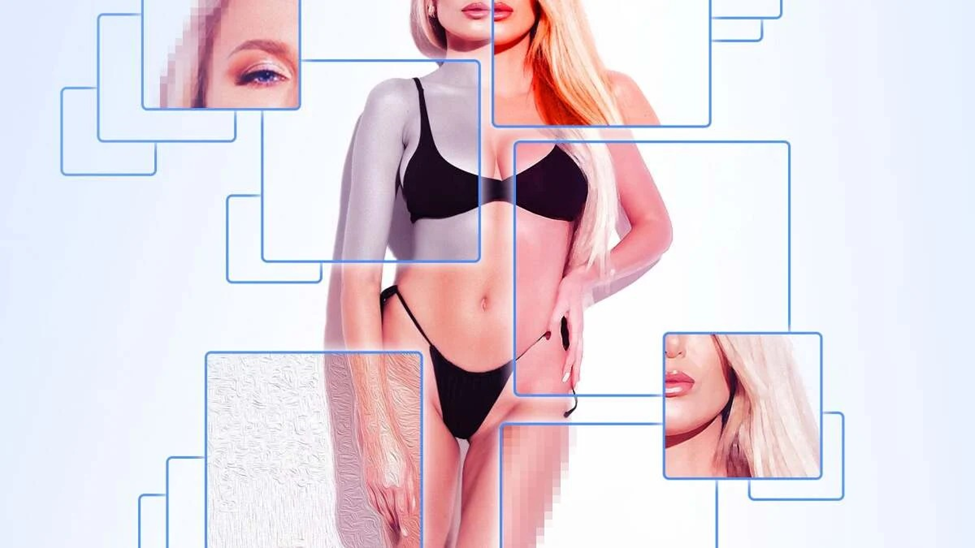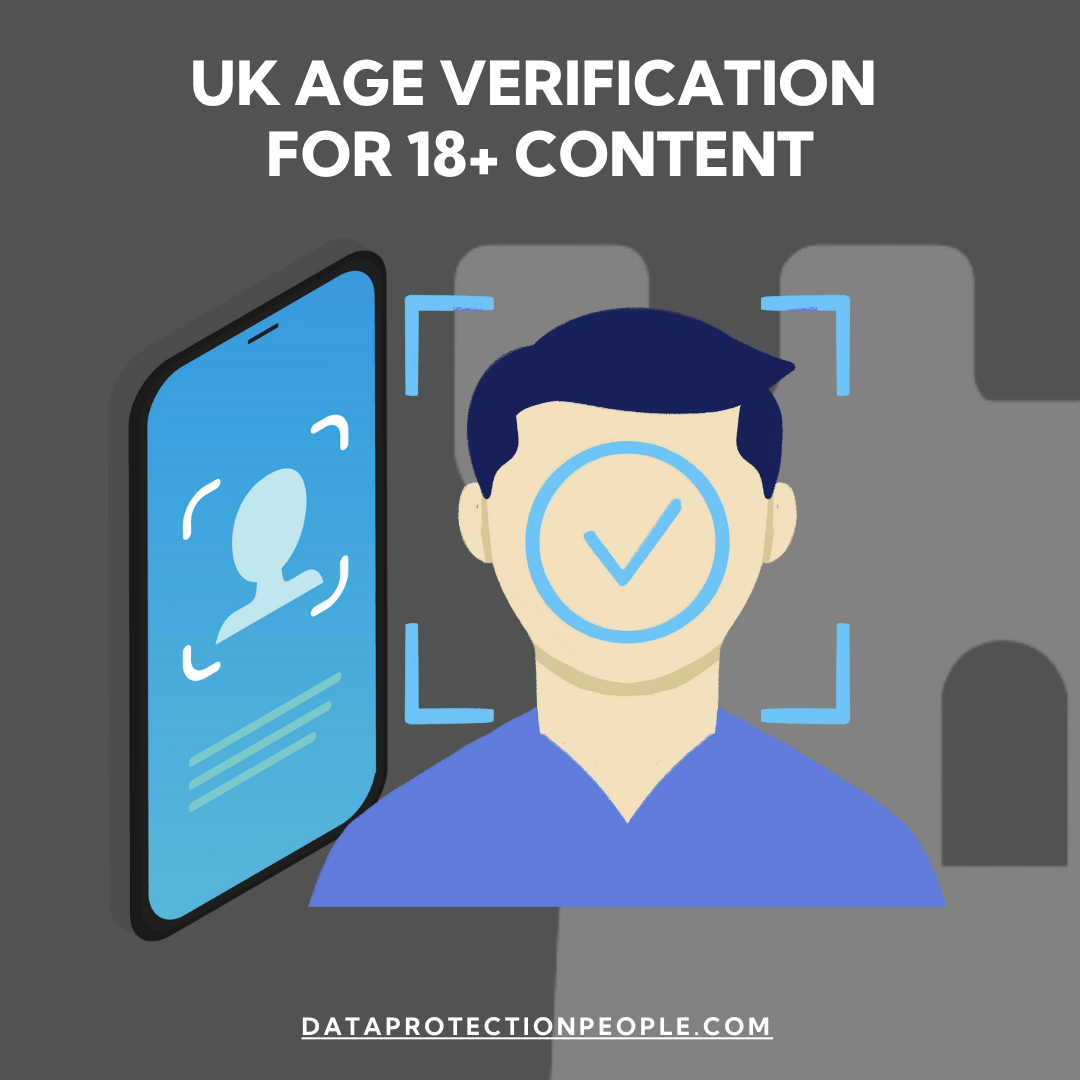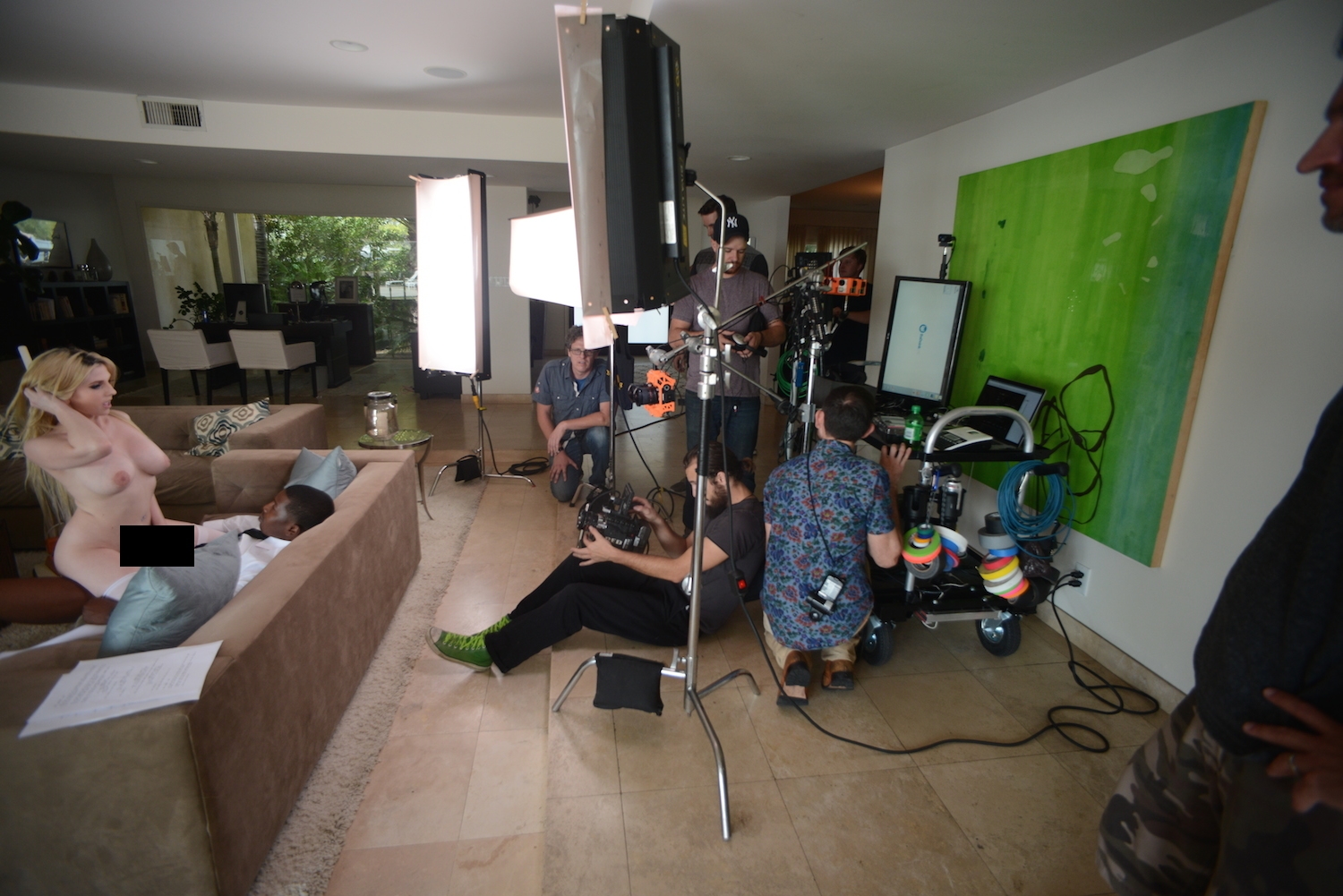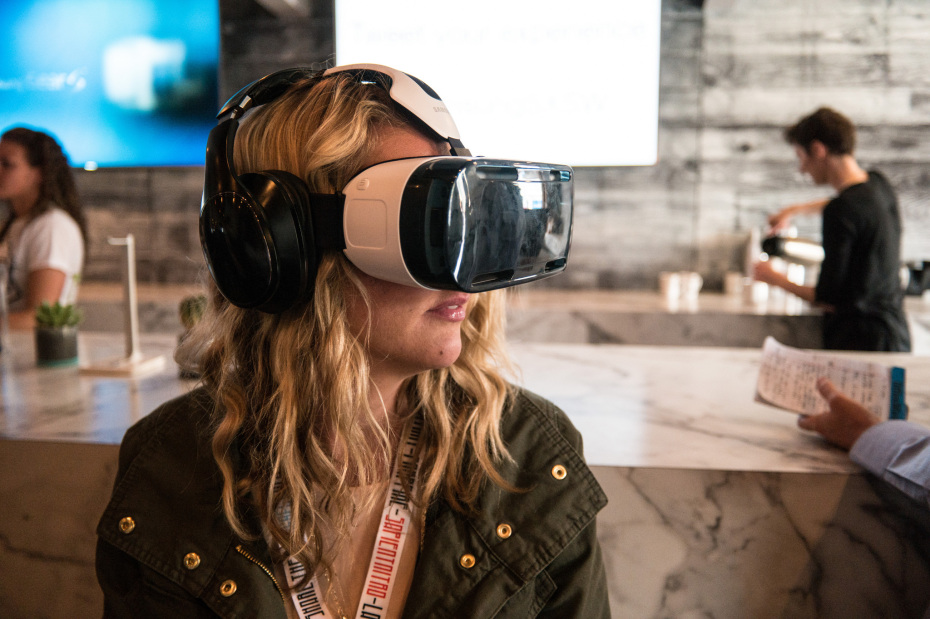Age Verification and AI Privacy: How the World of Porn Is Changing in 2025.

In 2025, access to adult content online is undergoing a profound transformation. Between increasingly restrictive laws, advanced age verification systems, and the emergence of porn sites run entirely by artificial intelligence, the internet is rapidly shifting toward a more controlled and,
according to many, more censored model.
The Global Context: Censorship or Protection?
It all stems from the need, real or perceived, to protect minors and safeguard their psyches from content deemed degrading for their personal and social development. Countries such as the United States, the United Kingdom, France, and Australia are introducing increasingly stringent regulations
requiring adult sites to verify users’ ages with certainty.
In the United States, the Supreme Court upheld the constitutionality of Texas law HB 1181, which requires the mandatory use of age verification systems, such as uploading an ID or using third-party verification providers. Other states have followed the same path: Florida, Georgia, Indiana, Alabama, and many others.
In the United Kingdom, the Online Safety Act came into effect on July 25, 2025, requiring all websites to implement “highly effective” methods to block access to content deemed harmful unless age verification is performed. Similar measures have been adopted in France and Ireland, and even
the European Union is testing a centralized age verification platform.
Age Verification Systems: How They Work.
Here are the main methods used today to verify age online:
Document Upload + Selfie
The user uploads a photo of their document along with a selfie. An AI system compares the images
to verify identity and age. Services like Yoti are the most widely used globally.
Facial Recognition with Age Estimation
The image of the user’s face alone is analyzed by an algorithm that estimates age. In the UK, the age estimate must be at least 23 to confirm that the user is over 18. This method does not require documentation and aims to protect privacy.
Credit card or token transaction
Classic method: A micro credit card transaction proves that the user is legally of age. Mainly used on US sites.
Email behavior analysis
Some services estimate age by analyzing email account activity or behavior on the site (e.g., browsing speed, scrolling, clicks). Less accurate, but easier to integrate.
Note: According to Yoti, over 850 million verifications have been performed to date, averaging 1 million per day.
Limitations and Problems
- Privacy: Uploading documents or selfies to adult sites is a serious risk. Who guarantees they won’t be saved, sold, or hacked?
- By-passing: Many users are using VPNs or modified browsers to bypass verification.
- Accessibility: Smaller sites can’t afford these systems and are closing or limiting access.
- Chilling effect: The fear of being tracked also stimulates the use of educational or support content.
Risks of AI-Powered Adult Sites
We don’t need to introduce them—most people are already familiar with porn sites powered by AI. Many of them, especially among the AI Porn Generators and Sex Chat Sites are becoming very popular and appreciated by the public. However, in connection with the legal issues discussed above, we wanted to focus our attention on the potential legal implications of their use.
It’s clear that the most significant risks posed by these platforms are those to privacy, but let’s look at them in detail:
- Sensitive data collected
Many AI platforms request erotic prompts, personal images, or email records. This data can be saved, analyzed, and—in some cases—reused to train new AI models, without explicit consent. - Invisible Tracking
Many NSFW sites use cookies, fingerprinting, and third-party pixels (e.g., Meta, Google), making user activity easily traceable even outside the site. Anonymity is often only apparent. - Lack of transparency regarding security and data management
Not all AI portals guarantee adequate protection standards. In the event of a leak or hack, intimate images or information could end up online, causing severe damage to reputation. - Legal Liability
AI can generate content that resembles real people or alter images featuring real people. If used or shared without consent, there is a risk of criminal prosecution or penalties, especially in countries with strict laws like the US, the UK, and France. In the US, a 2025 federal law requires sites to
remove non-consensual pornographic deepfakes within 48 hours and carries criminal penalties of up to two years in prison. There is an entire underground ecosystem that generates deepfakes from images of ordinary people without their consent. This market alone is estimated to be worth around $60 million annually.
Conclusions:
Is The Future Of Porn Controlled (And Artificial)?
The trend is clear: on the one hand, governments and authorities aim to regulate access to adult content through increasingly invasive controls; on the other, AI is revolutionizing the production of porn itself, introducing new risks to people’s privacy but also new opportunities.
We are at a crossroads: security or surveillance? Innovation or abuse?
What is certain is that, by 2025, the way we access and experience online pornography will no longer be the same. One point of view is that control in itself is reasonable, but it won’t solve the problems of young people or minors already immersed in a confusing global context that provides them with no
direction.
You can’t save a child’s life by banning them from PornHub or from another famous porn sites; they’ll find a way to view that content anyway. There are a whole series of actions that societies, institutions, and families should remember to take to provide values and guidance to young people.
Pointing the finger at the porn industry is frankly hypocritical.
Regarding the risks posed by AI, it’s still too early to understand who is providing a quality service and who is truly violating our privacy. Only time will tell how the dynamics evolve.
Please note – the views and positions expressed in this blog post are from a third party and not necessarily views and positions shared by FreeOnes. This article is for informational purposes only and does not constitute legal advice.


















